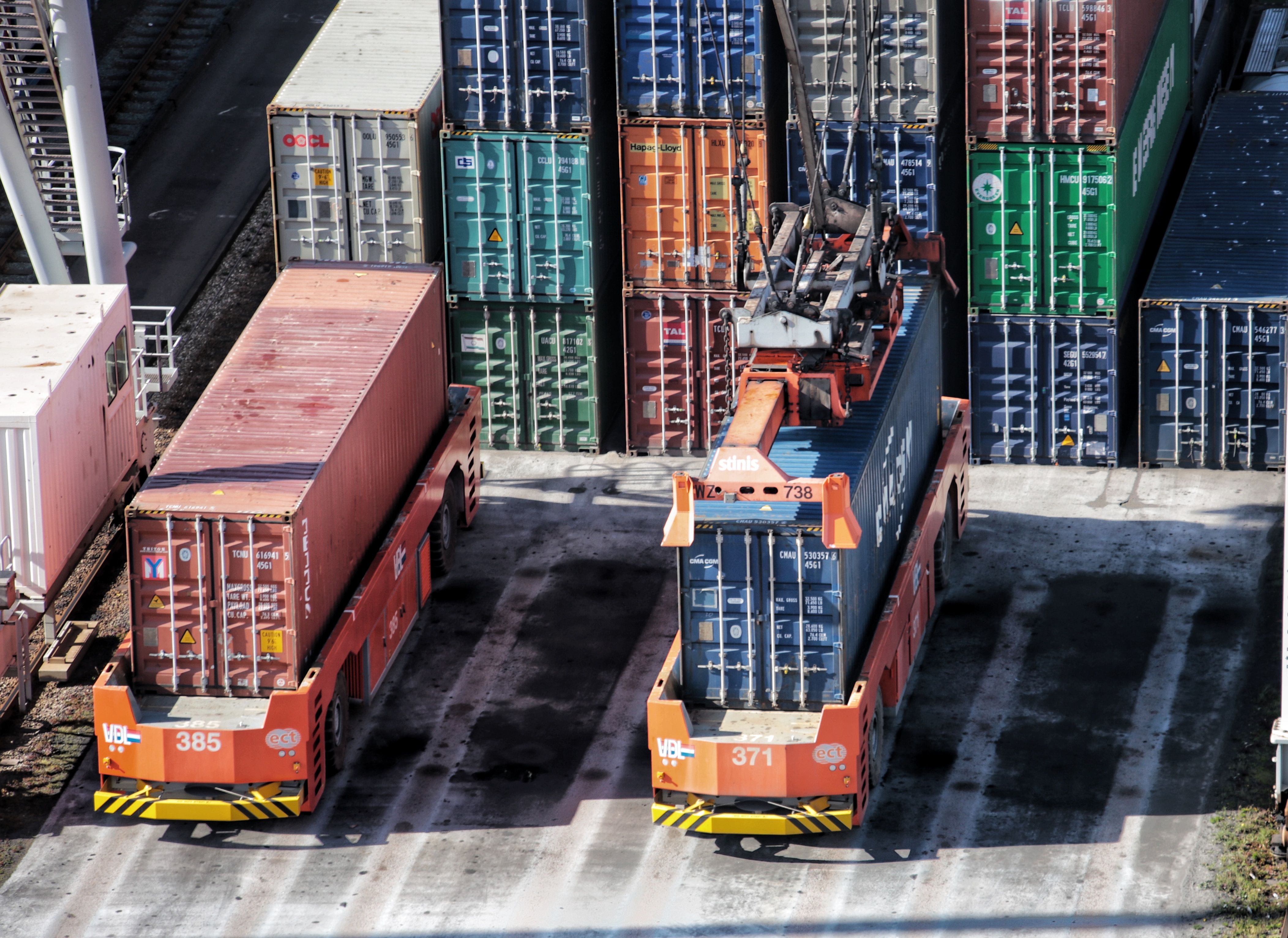G2 just launched the Logistics Intelligence Software category to reflect the burgeoning use of machine learning and advanced analytics in supply chain management. The emergence of this market proves predictions G2 has made over the past two years about the acceleration of machine learning in logistics.
| Read more: 2023 Trends in the Supply Chain Industry → |
Logistics intelligence leverages the AI zeitgeist
Logistics intelligence is a newly coined term denoting information gathered from APIs, third-party vendors, and corporations to maximize the efficiency of shipping, transportation, and carriers. Logistics intelligence mirrors the phrase “business intelligence,” which refers to insights gleaned from data that inform business strategy and decisions. Similarly, this technology aggregates data to help managers successfully orchestrate global supply chains that ship the right amount of material on time and cost-effectively.
What is Logistics Intelligence Software?
Logistics intelligence software analyzes trends in spot rates, capacity, geography, and transportation bottlenecks. With this data, the software runs a root-cause analysis to help stakeholders understand the source of past problems in their supply chains.
In addition, this software predicts future costs for shipping to give clients leverage when determining rates for service during the contracting phase with carriers. Some logistics intelligence tools take contract management to the next level with freight auditing capabilities to see discrepancies between agreed-upon rates and actual charges. Also, this software enables carrier performance evaluation with KPI calculations and dashboards for data visualization.
The totality of these features echoes the Predictive Analytics Software category, but logistics intelligence software is exclusively used for supply chain management.
Although a nascent market, G2 expects this software market to grow in importance as logistics professionals seek solutions to supply chain problems that began during the COVID-19 pandemic, such as stockouts, fractured supplier networks, and higher operating and shipping costs.
A new way to solve contemporary logistics problems
The risk-averse nature of the supply chain industry poses significant challenges to innovation, but the COVID-19 pandemic and Russian-Ukrainian war triggered a flash point in which business as usual was no longer feasible. Discrepancies in COVID-19 policies across international borders, surging demand, disrupted trade routes, and trade wars with Russia created a perfect storm. Chronic product shortages, inflated production costs, and fractured supplier networks left corporations with only two options: automate or risk indefinite dysfunction. The evolution of a new discipline in logistics intelligence represents corporations’ enthusiasm to solve novel issues with contemporary solutions.
| Read more: Ukraine Crisis Poses a New Threat to the Global Supply Chain → |
Expect gradual adoption of AI tools like logistics intelligence software
Although the growth of logistics intelligence software to address modern-day issues in the supply chain is a boon to SaaS vendors, the industry is historically skeptical about changing operating procedures. Much to the chagrin of data science evangelists, many companies still use Excel to solve problems that are far too complex to happen outside programming environments, relational and NoSQL databases, and big data pipelines. To use a phrase I frequently use throughout my work, expect a deliberate upgrade to data usage in the supply chain industry rather than a rapid revolution.
Edited by Shanti S Nair
Möchten Sie mehr über Predictive Analytics Software erfahren? Erkunden Sie Predictive Analytics Produkte.

Anthony Orso
Anthony is a Market Research Analyst specializing in supply chain and logistics, as well as data science applications in the industry. Prior to joining G2, Anthony worked in the research and strategy department of advertising. When Anthony isn't studying for his master's program in data science, he enjoys film criticism, true crime, and playing classical music on his violin.
